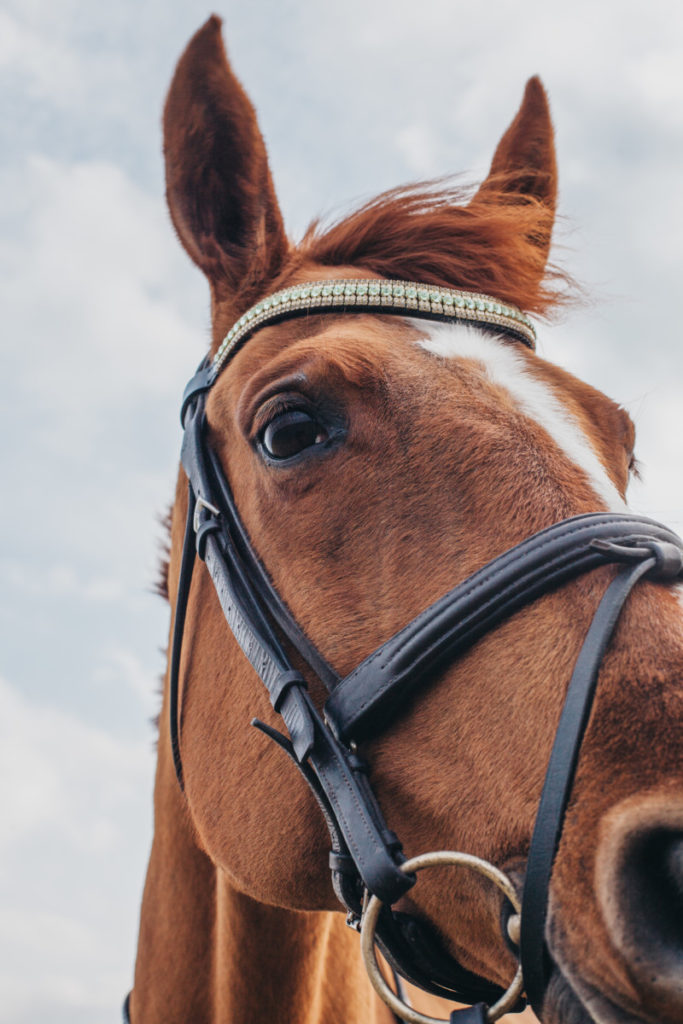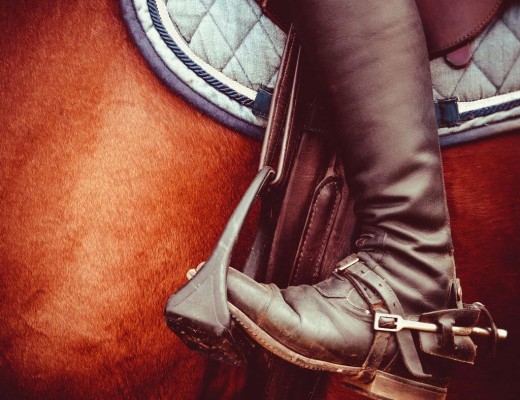“Think laterally. If you do you’re sure to be successful in whatever you do.”
This piece of advice was given to me recently by a lady very successful in her career, and it got me thinking about how that can be applied to riding.
As riders we use the word ‘laterally’ a lot. In training we talk about working our horses laterally (i.e training horses not only to move straight forward but also in sideways movements).
But what about us as riders, are we thinking laterally? Thinking laterally is the ability to use your imagination to look at a problem in a fresh way and come up with a new/different solution than perhaps the most obvious.
As Victoria Pendleton CBE said when comparing her new riding career with that of cycling:
“Riding is not a sport that can be calculated, predicted and plotted; it’s a sport that can be totally unpredictable.”
It’s for that reason we need to be constantly thinking laterally and thinking on our feet.
A professional rider will be one who possesses the skill of lateral thinking and who can practically apply it to their training and competing:
• Show Jumper, Luca Moneta, dubbed ‘The Carrot Man’ (for constantly rewarding his horses with carrots) may have been criticised initially for his unusual training methods, but he has developed a highly effective method of training his horses, which are revolutionizing the sport of Show Jumping. It’s by thinking laterally and doing something different that he attributes his success.
• Patrick Gracey , also known as ‘The Horse Shrink’ is an equestrian I personally find very inspiring. He helps traumatised horses overcome issues such as loading. By looking at things differently and by not using conventional methods (such as picking up a stick), Patrick builds the confidence of the horses he works with. He finds completely different approaches which have great results.
These are just two individuals who are using lateral thinking to do something differently. As horse owners, we are always going to come up against hurdles, whether it’s a young horse not wanting to load, or a horse who doesn’t want to jump that ditch. At those times, I’d urge you to remember to step back and think around the problem, you may be surprised just how beneficial it can be!
Abi xx





No Comments